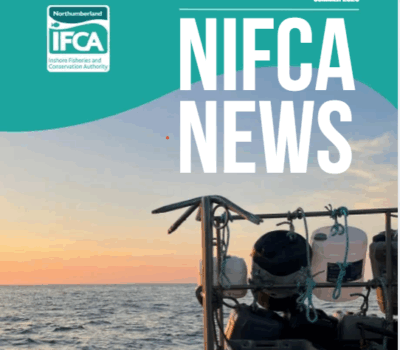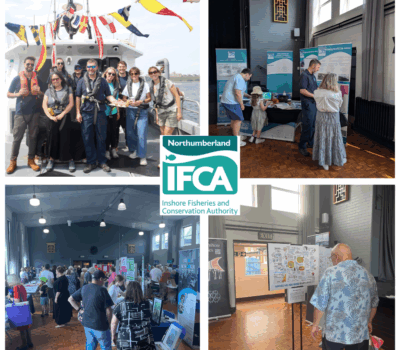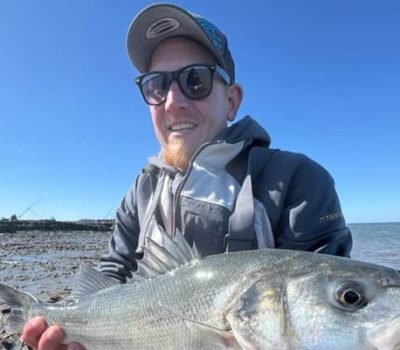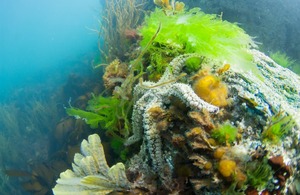Exciting opportunity to manage inshore fisheries and conservation
The MMO is looking to recruit several members to regional IFCAs across the UK.
Each IFCA needs members who will take a balanced approach to caring for our seas, assessing the priority and importance of all users and stakeholders. The following IFCA regions are seeking proactive individuals with good communication skills and a demonstrable ability to disseminate IFCA regulations, policies and guidance through their network of contacts to serve as a member.
• Northumberland
• North Western
• North Eastern
• Kent & Essex
• Isles of Scilly
• Cornwall
• Devon & Severn
• Eastern
• Sussex
Andrew Wareing, Director of Digital and Analysis at MMO, responsible for IFCA selection, said:
“These are exciting opportunities for people with experience and a passion for their inshore marine area to play a major part in shaping how their local area is managed. If you want to make a positive difference and help balance economic, social and environmental needs, we would be pleased to hear from you. MMO invite applications from all industry sectors, however we would particularly welcome applicants from the commercial and recreational fishing sectors.”
The deadline for applications is 23:55 on 4 January 2021.
The role is on a voluntary basis although relevant expenses may be reimbursed. You can email ifcarecruitment@marinemanagement.org.uk for more information.
Background
There are 10 IFCAs around the English coastline with responsibility for sustainably managing sea fisheries and conservation within 6 nautical miles from shore. They have the power to make byelaws to protect resources and the environment in their area as well as also enforcing national and European fisheries legislation.
IFCAs are either committees or joint committees of the local authorities that fall within an IFCA district. They are tasked with sustainably managing inshore sea fisheries and conserving their local marine environment. They are made up of representatives from local councils along with people from across the different sectors that use or are knowledgeable about the inshore marine area, such as commercial and recreational fishermen, environmental groups and marine researchers, who offer their time voluntarily.
The Marine Management Organisation, Environment Agency and Natural England also each has a statutory seat on the IFCA. Through their local management and funding structures, IFCAs help put local councils, communities and businesses, and individual citizens in the driving seat, allowing them to play a bigger part in the protection and enhancement of their inshore marine environment.
Inshore Fisheries and Conservation Authorities (IFCA)
The MMO is responsible for the appointment of local people with relevant expertise to IFCA committees. Appointees make up roughly half of IFCA committees and are appointed on a voluntary basis. The members of the IFCA contribute their knowledge and experience to provide sustainable management of the inshore marine area of their IFCA district. They guide the IFCA to deliver its mandate under the Marine and Coastal Access Act 2009 and in line with Defra guidance.
We seek to achieve a balanced membership across various interest groups, including those with commercial, recreational and environmental interests. We are also keen to appoint people who represent the economic, social and environmental needs of their IFCA district and who, collectively, bring a variety of relevant interests such as fishing groups (commercial and non-commercial), conservation groups and other parties interested in the work of IFCAs.
Each appointment is made for a period of 3 to 5 years, with the possibility of reappointment up to a maximum of 10 years. It is conditional upon the member following terms and conditions for the appointment. Appointments are made in line with the Governance Code on Public Appointments and guidance issued by Department for Environment, Food and Rural Affairs. Appointees must follow relevant IFCA codes of conduct as well as abiding by the terms and conditions of appointment. These are unpaid positions, however meeting allowances and expenses are available to members.






